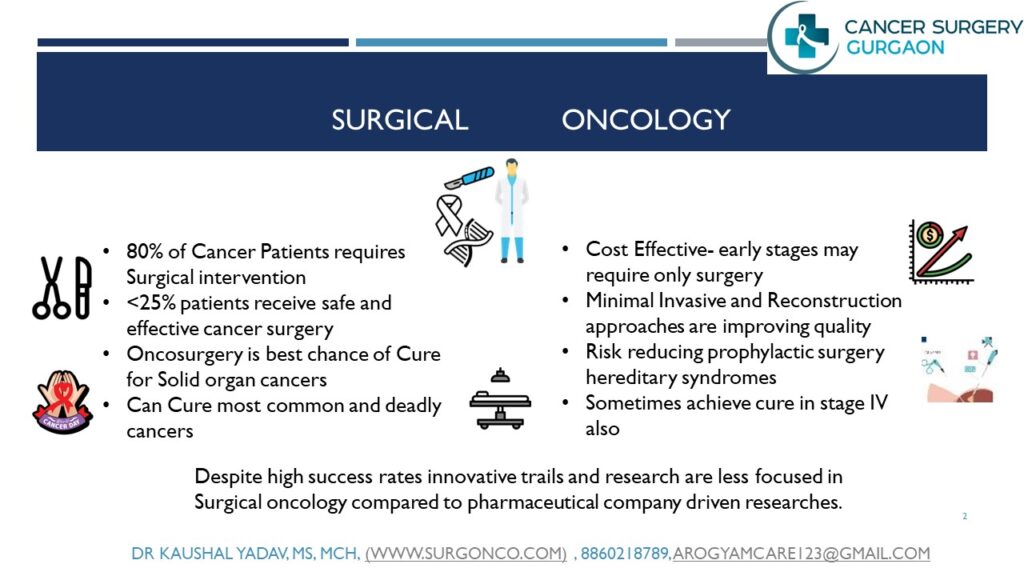The Problem: Present Scenario
Liver Cancer: Understanding the Issue: Let’s take a moment to appreciate how crucial our liver is. It’s not just one of the largest organs in our body—it plays a significant role in digestion and is responsible for producing many vital nutrients. Here’s why it’s good to be informed about liver cancer:
- Over the last 10 years incidence and deaths because of liver cancer has increased by 25%.
- Liver cancer is 6th most common cancer and 3rd most common cause of cancer related mortality.
- Liver cancer survival rate is poor. Only 3-5% patients have long term survival
- Number of new cases and deaths from liver cancer are expected to rise by more than 55% by 2040.
Contributing factors: Liver cancer causes
Liver cancer develops due to a variety of causes, frequently involving chronic habitual liver damage and underpinning health conditions. There are some of the primary causes and threat factors considered as implicit causes of liver cancer by Oncologists/ Liver cancer specialist in Gurgaon, Delhi NCR, India:
- Chronic Viral Hepatitis: Chronic infection with hepatitis B (HBV) or hepatitis C (HCV) is a significant risk factor for liver cancer. These viruses can cause long-term liver inflammation and damage, leading to cirrhosis and eventually liver cancer.
- Cirrhosis: Liver Scarring: Cirrhosis is a condition characterized by severe scarring of the liver tissue. It can result from chronic alcohol abuse, hepatitis infections, or other liver diseases. Cirrhosis significantly increases the risk of developing liver cancer.
- Alcohol Abuse: Long-term heavy drinking can lead to liver damage, cirrhosis, and an increased risk of liver cancer. Alcohol abuse is one of the leading causes of liver cancer in many parts of the world.
- Non-Alcoholic Fatty Liver Disease (NAFLD): Fat Accumulation in the Liver: NAFLD is a condition where fat builds up in the liver in people who drink little or no alcohol. It can progress to non-alcoholic steatohepatitis (NASH), which involves liver inflammation and damage, increasing the risk of liver cancer.
- Aflatoxin Exposure: Toxins from Mold: Aflatoxins are toxic substances produced by certain molds that can contaminate food supplies, particularly in developing countries. Long-term exposure to aflatoxins is a known risk factor for liver cancer.
- Genetic and Metabolic Disorders: Inherited Conditions: Certain genetic disorders, such as hemochromatosis (excess iron storage) and Wilson’s disease (copper accumulation), can increase the risk of liver cancer. These conditions cause chronic liver damage and cirrhosis.
- Obesity and Diabetes: Metabolic Syndrome: Obesity and type 2 diabetes are associated with an increased risk of liver cancer. These conditions can lead to NAFLD and NASH, contributing to liver damage and cancer development.
- Chemical Exposures: Industrial Chemicals: Exposure to certain chemicals, such as vinyl chloride and arsenic, has been linked to an increased risk of liver cancer. These chemicals can cause liver damage and increase the likelihood of cancerous changes.
- Smoking: Tobacco Use: Smoking is a known risk factor for many types of cancer, including liver cancer. The harmful substances in tobacco can contribute to liver damage and increase cancer risk.
Prevention: What can we do?
While not all cases of liver cancer can be averted, there are several strategies to reduce your threat:
- Liver Cancer Prevention diet: Balanced diet
- Daily calories 2000-3000. 45% – 55% from carbohydrates, 25-30% from proteins, 15-30% from fat.
- Protein requirement 1g/Kg/day.
- 400g of fresh/ vegetables per day.
- Encourage intake of Fibers and plant-based diet.
- Daily Physical activity:
- One minute of moderate-intensity physical activity provides seven minutes of additional life.
- Regular exercise reduces risk of cancer by 10-20%
- 150 minutes per week of moderate-intensity physical 75 minutes of vigorous exercise per week or 30min of exercise daily for a at least 5day in a week.
3. Vaccination:
- Hepatitis B Vaccination: Getting vaccinated against hepatitis B can significantly reduce the risk of liver cancer. The vaccine is safe and effective and is recommended for all infants and high-risk adults.
- Preventing Hepatitis C: There is no vaccine for hepatitis C, but you can reduce your risk by avoiding sharing needles, practicing safe sex, and ensuring blood products are screened for the virus.
4. Healthy Lifestyle Choices:
- Limit Alcohol Consumption: Excessive alcohol intake can lead to liver damage and increase the risk of liver cancer. Limiting alcohol consumption or avoiding it altogether can help protect your liver.
- Maintain a Healthy Weight: Obesity and diabetes are significant risk factors for liver cancer. Maintaining a healthy weight through a balanced diet and regular exercise can reduce your risk.
- Avoid Smoking/ tobacco
5. Screening in High Risk:
- Liver Cancer Screening: Regular screening for liver cancer is recommended for individuals at high risk, such as those with chronic hepatitis B or C, cirrhosis, or a family history of liver cancer. Screening can help detect cancer early when it is more treatable.
- Regular Medical Check-Ups: Regular visits to your healthcare provider can help monitor liver health and manage risk factors such as hepatitis infections, obesity, and diabetes.
6. Avoiding Exposure to Toxins:
- Aflatoxin B: Aflatoxins are toxins produced by certain molds that can contaminate food supplies. To reduce exposure, store food properly and avoid consuming foods that appear moldy or spoiled.
- Chemical Exposure: Limit exposure to harmful chemicals and toxins that can damage the liver. Follow safety guidelines when handling chemicals and avoid unnecessary exposure.
Avoid Liver Cancer
Avoid Liver Cancer
Avoid Liver Cancer
Avoid Liver cancer
Avoid Liver Cancer
Avoid Liver Cancer
Preventing liver cancer involves a combination of lifestyle changes, medical interventions, and regular monitoring. By taking proactive steps to protect your liver health, you can reduce your risk of developing liver cancer and improve your overall well-being. Always consult with a healthcare professional for personalized advice and recommendations**Vaccination and Infection Control**
To Know more about Liver cancer:
For Liver cancer treatment:
Discover more from CancerSurgery
Subscribe to get the latest posts sent to your email.



